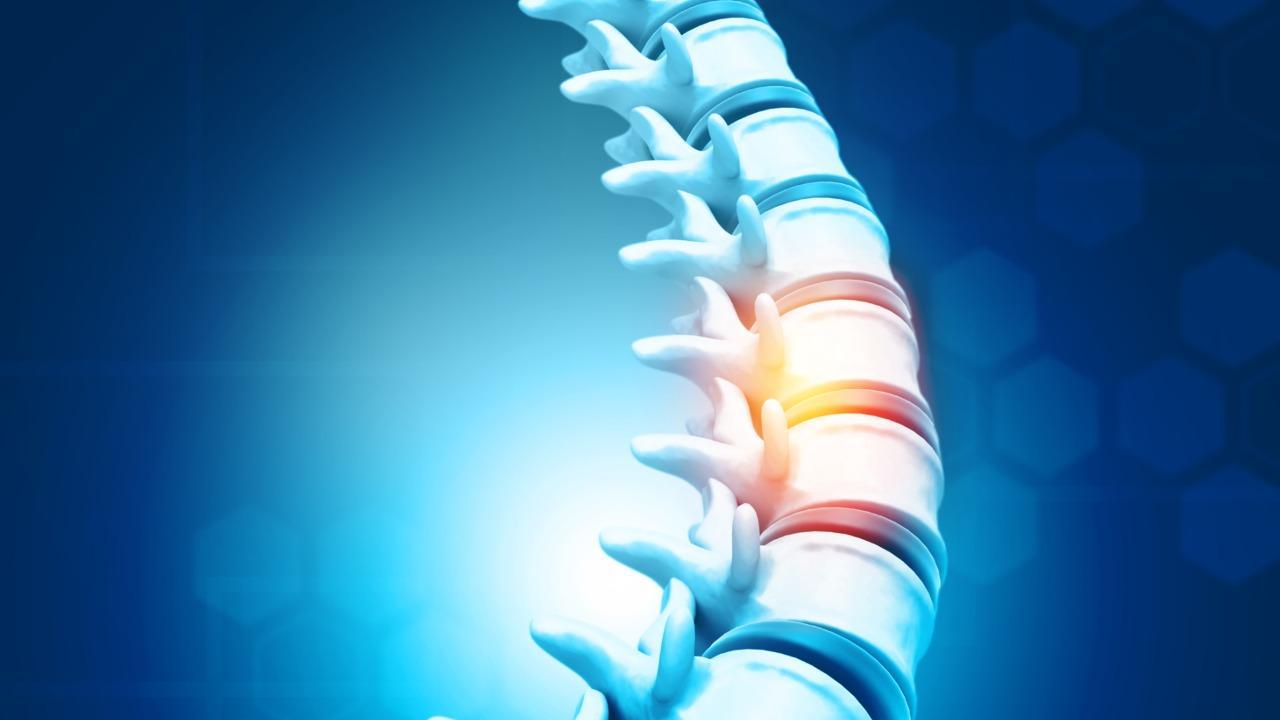Neurons in the spinal cord process pain signals differently in women compared to men, suggests a study by researchers from The Ottawa Hospital in Canada

Representational photo/istock
Neurons in the spinal cord process pain signals differently in women compared to men, suggests a study.
ADVERTISEMENT
The finding, published in the journal BRAIN, could lead to better and more personalised treatments for chronic pain, which are desperately needed, especially in light of the opioid epidemic.
Women are disproportionately impacted by the burden of chronic pain. They are more likely than men to report low back pain, neck pain, orofacial pain and neuropathic pain, and twice as many women report common migraines or headaches.
But to date, most research on pain was conducted on male rodents.
The new study led by researchers at The Ottawa Hospital in Canada, however, used female and male spinal cord tissue from both rats and humans (generously donated by deceased individuals and their families).
By examining the spinal cord tissue in the laboratory, the researchers were able to show that a neuronal growth factor called BDNF plays a major role in amplifying spinal cord pain signalling in male humans and male rats, but not in female humans or female rats.
When female rats had their ovaries removed, the difference disappeared, pointing to a hormonal connection.
"Developing new pain drugs requires a detailed understanding of how pain is processed at the biological level," said Dr. Annemarie Dedek, lead author of the study.
"This new discovery lays the foundation for the development of new treatments to help those suffering from chronic pain."
This is the first time a sex-related difference in pain signalling has been identified in human spinal cord tissue.
Future studies are required to understand how this biological difference may contribute to differences in pain sensation between men and women, the researchers said.
 Subscribe today by clicking the link and stay updated with the latest news!" Click here!
Subscribe today by clicking the link and stay updated with the latest news!" Click here!







